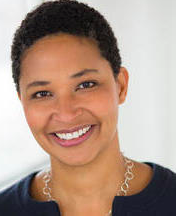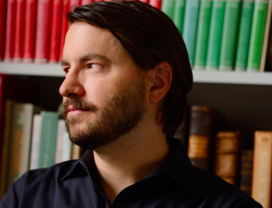One of the things I like about teaching undergrads is helping students think about why they came to college anyhow, and what they want to get out of it while they’re here. Classicist and political theorist Danielle Allen (also director of the Safra Center of Ethics at Harvard, and author of Cuz, the story of her  cousin Michael) gave a “radically woke and deeply conservative” commencement speech (video & transcript published in the Atlantic here) that I have shared with my students.
cousin Michael) gave a “radically woke and deeply conservative” commencement speech (video & transcript published in the Atlantic here) that I have shared with my students.
Today it also strikes me as pretty useful for faculty who are thinking about how to support FLI (first-generation and/or lower income) students, how to create a world in which black male faculty can go to the library without being offered directions off campus, and, you know, how to support equity for all sorts of humans who operate on a university campus.
In her speech Professor Allen quoted the Declaration of Independence, which she has been “following” for the past 20 years in her teaching (nontraditional as well as traditional students) and research. In fact, JHU alumna Emily Snell ’11 discovered, working with Allen, a new copy of the Declaration in England in 2015 (more about that here). Anyway, here’s your excerpt:
We hold these truths to be self-evident, that all men are created equal, that they are endowed by their Creator with certain unalienable Rights, that among these are Life, Liberty and the pursuit of Happiness. That to secure these rights, Governments are instituted among Men, deriving their just powers from the consent of the governed.That whenever any Form of Government becomes destructive of these ends, it is the Right of the People to alter or to abolish it, and to institute new Government, laying its foundation on such principles and organizing its powers in such form, as to them shall seem most likely to effect their Safety and Happiness.
Professor Allen tells the Pomona graduating class:
It says we have these rights, among which are life, liberty, and the pursuit of happiness. Among which! It’s examples, people!
It’s not a complete list! The job of thinking is not done.
It is your job. All right?
Clarify your values. Maybe you care about sustainability. Maybe you care about gender equality. Maybe you care about free markets and capitalism.
But connect them to the basic question of what is good for our community together. A shared story. And then, don’t forget: Activism is valuable, no question about it, but our job at the end of the day is to build institutions that secure our shared rights. That means understanding the user manual. All right? The institutions. And yes, we can alter them. They’re not given in perpetuity. Originalism is about understanding democratic empowerment, which is about recognizing that democratic citizens build and change their world.
All right?
 We are delighted to invite Homewood faculty of all ranks and all genders to join a coffee hour discussion about graduate student advising! (So far we’ve posted about this topic
We are delighted to invite Homewood faculty of all ranks and all genders to join a coffee hour discussion about graduate student advising! (So far we’ve posted about this topic 

 cousin Michael) gave a “radically woke and deeply conservative” commencement speech (video & transcript published in the Atlantic
cousin Michael) gave a “radically woke and deeply conservative” commencement speech (video & transcript published in the Atlantic 